When it comes to food safety, there’s no shortage of well-funded advocacy groups stirring up public concern. Under the guise of promoting industry transparency or protecting the environment, these organizations continually spread falsehoods about pesticides, biotech crops and related technologies, often with substantial financial support from the organic food industry. They file endless streams of lawsuits, run scare campaigns against safe, sustainable technologies and lobby for regulations that hinder the progress of agricultural science.
Some of these organizations have even attempted to bolster their anti-biotech agendas in the wake of the COVID-19 pandemic, promoting conspiracy theories about the origins of SARS-COV-2 or the vaccines developed to fight it, or both. The Genetic Literacy Project monitors the work of these advocacy organizations in our GLP Biotech Profiles — Analyzing the Critics Shaping the Debate to help the public and policymakers separate good science from nonsense. Here are eight of the worst offenders to watch out for.
1. Organic Consumers Association (OCA)
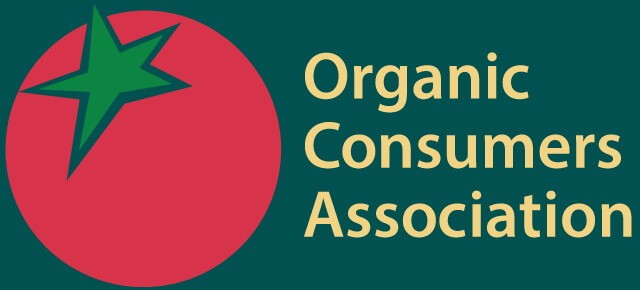
The Organic Consumers Association’s (OCA) goal is to achieve 100% organic agriculture within the next 50 years. OCA was founded by anti-technology activists Jeremy Rifkin and originally bore the name “Pure Food Campaign.” Since changing its name in 1998, the group has been headed by experienced activist Ronnie Cummins.
Cummins has stated his goal is to “make organic farming the dominant form of American agriculture” through whatever means possible. The group regularly disparages conventional pesticides and genetically engineered crops, calling for a “global moratorium on all crops developed using genetic modifications, and on the widespread use of pesticides in food production.”
OCA claims federal regulatory agencies like the USDA have been captured by big agribusiness. The Biden Administration’s Agriculture Secretary Tom Vilsack is “Mr. Monsanto,” OCA claims, who during his tenure under President Obama “pushed through a corporate agribusiness agenda that began with his approval of more new genetically modified crops than any other Secretary.”
The group amplifies the work of well-known alternative health advocates such as Mike “the health ranger” Adams and osteopath Joe Mercola, who has donated over $2 million to OCA since 2012. OCA collaborates with other pro-organic voices such as Indian anti-GMO activist Vandana Shiva. In April 2020, Shiva suggested that the novel coronavirus was transmitted from livestock that had been fed genetically engineered soybeans. In the wake of COVID-19, Mercola and OCA founder Ronnie Cummins co-authored a book alleging that the novel coronavirus was engineered in a Chinese bioweapons lab, a hypothesis that remains speculative.
OCA has contributed just over $900,000 to the anti-GMO group U.S. Right to Know, which wrongly alleges that Monsanto (now owned by Bayer) buried evidence showing its weedkiller Roundup causes cancer.
2. Environmental Working Group (EWG)
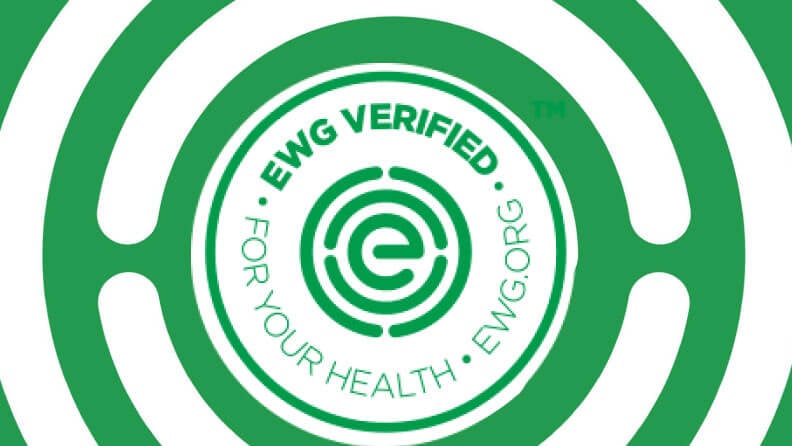
The Environmental Working Group was founded in 1992 as a ‘think tank’ promoting original research and pushing back against corporations engaged in everything from sunscreens to cosmetics to drinking water to plastics to food production. It is well-known as a promoter of organic products (specifically “pesticide-free” and “GMO-free.” Its annual budget exceeds $8 million. EWG also oversees Organic Voices Action Fund, which is a political lobbying (c)(4) organization that is 100% funded by the organic industry.
EWG has been called the “Environmental Worrying Group” by watchdog group the Center for Organization Research & Education. Seventy-nine percent of members of the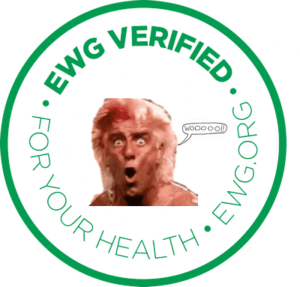 Society of Toxicology who rated the group say that the EWG overstates the health risk of chemicals. Quackwatch describes EWG as one of “[t]he key groups that have wrong things to say about cosmetic products”.
Society of Toxicology who rated the group say that the EWG overstates the health risk of chemicals. Quackwatch describes EWG as one of “[t]he key groups that have wrong things to say about cosmetic products”.
EWG reviews chemicals, judging many of them to be harmful, but does not assess critical factors such as length of exposure or dosage. Its list of ‘scary’ chemicals include: arsenic, asbestos, BPA, chromium-6. dioxin, fire retardants, lead, mercury, nanoparticles, nonstick materials, perchlorate, pesticides (especially glyphosate, dicamba and neonicotinoids), phthalates, triclosan, and 2,4-D. Its style is confrontational marked by a liberal use of scare tactics.
It has become best known for its signature annual “Dirty Dozen” report criticizing what it calls “hidden” pesticides in foods; it is well publicized by the media and many non-experts embrace its findings as credible. Its bottom-line advice is that consumers should buy organic products, which it claims do not use pesticides (which is not accurate, as organic crops are frequently treated with natural and some synthetic chemicals, some of which are toxic to beneficial insects and animals). Critics of the Dirty Dozen list have suggested that it significantly overstates the risk to consumers of the listed items, and that the methodology employed in constructing the list “lacks scientific credibility.” EWG does not mention that what it describes as “dirty” pesticide residue levels are actually safe, based on all available science, because they’re well below “tolerance” levels set by the EPA.”
3. Center for Food Safety (CFS)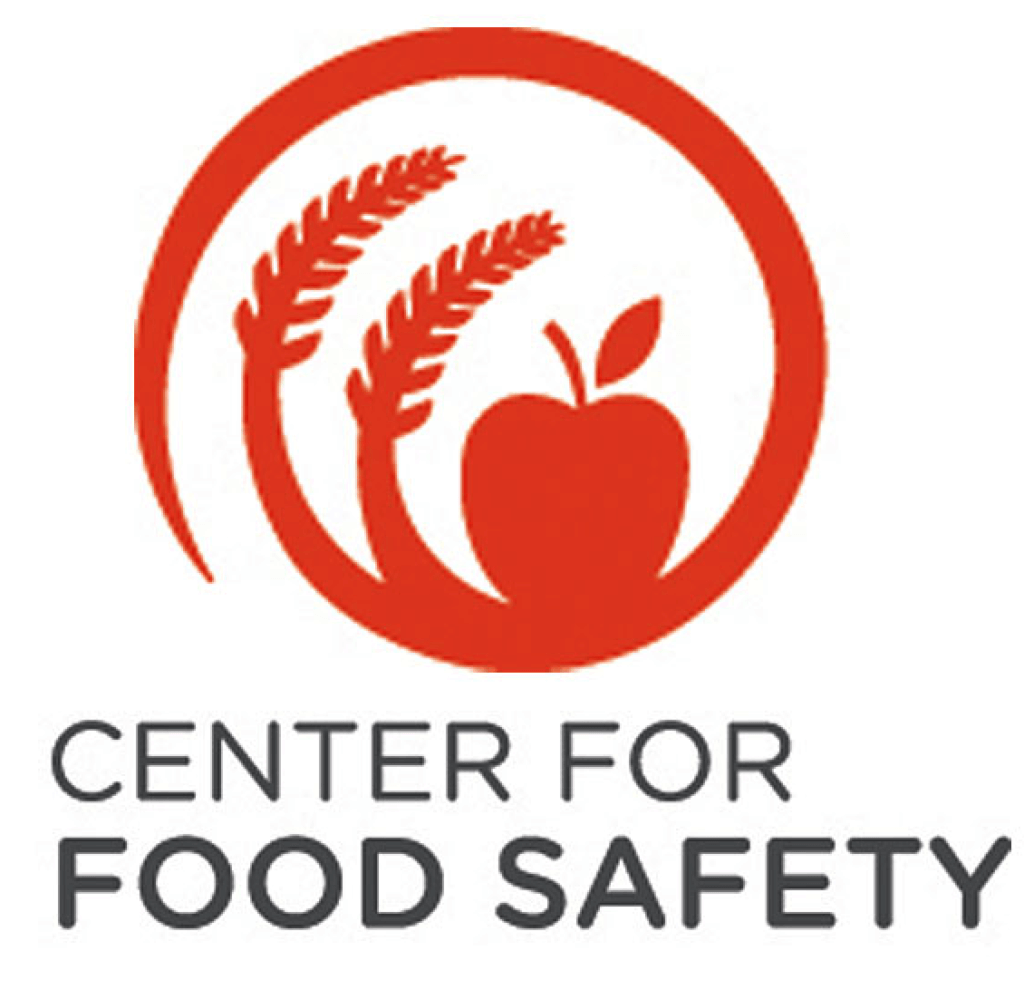 Not to be confused with the FDA’s Center for Food Safety and Applied Nutrition, Center for Food Safety (CFS) shares roots with the Organic Consumers Association. Both were birthed by anti-technology activist Jeremy Rifkin. Its executive director, Andrew Kimbrell, served as a lawyer for Rifkin in the 1980s when Rifkin opposed the NASA shuttle missions among other ventures. Kimbrell is now one of the most influential players in the U.S. anti-biotechnology and anti-pesticide movement. He has offices in Washington, D.C. and San Francisco, California.
Not to be confused with the FDA’s Center for Food Safety and Applied Nutrition, Center for Food Safety (CFS) shares roots with the Organic Consumers Association. Both were birthed by anti-technology activist Jeremy Rifkin. Its executive director, Andrew Kimbrell, served as a lawyer for Rifkin in the 1980s when Rifkin opposed the NASA shuttle missions among other ventures. Kimbrell is now one of the most influential players in the U.S. anti-biotechnology and anti-pesticide movement. He has offices in Washington, D.C. and San Francisco, California.
The stated mission of CFS is to “empower people, support farmers, and protect the earth from the harmful impacts of industrial agriculture.” It claims to want to protect human health and the environment, focusing on the use of harmful food production technologies, and by promoting organic-only agriculture practices. CFS is a harsh of agricultural biotechnology. In the early 200s, CFS articulated four goals, which promote organic farming by attracting traditional farming methods:
- Ensuring the testing, labeling and regulation of genetically engineered (GE) foods
- Preserving strict national organic food standards
- Preventing potential animal and human health crises caused by food borne illness — including ‘mad cow’ disease
- Educating the public on the hazards of industrial agriculture
CFS distinguishging tactic is to block technological applications in agriculture through relentless litigation, regulatory petitions and legal support for organic agriculture advocates. Its recent litigation targets include AquaBounty’s GM salmon, the plant-based Impossible Burger, and dozens of pesticides independent scientists and regulators have said pose minimal risk to human health and the environment.
4. US Right to Know (USRTK)

US Right to Know (USRTK) claims to “expose what the food industry doesn’t want you to know.” The organization rose to prominence during an intense debate in the late 2010s over GMO labeling, by using Freedom of Information Act demands to harass dozens of agricultural scientists and their universities; these academics had been paid by “Big Ag,” USRTK alleged, to defend the safety of GM crops and pesticides. The group’s director of research Carey Gillam alleges that Monsanto attempted influence the EPA and cover up evidence linking the company’s herbicide Roundup to cancer. She has worked closely with law firms that have sued Monsanto for failing to warn its customers that the pesticide could cause cancer, though there is no evidence it does.
URSTK continues to agitate against crop biotechnology, which it calls “unsustainable industrial agriculture.” In February 2021, the organic industry-funded outfit launched a campaign against the Gates Foundation, calling its $5 billion investment in African agriculture a neocolonialist ploy. The foundation’s efforts, while ostensibly designed to promote food security and sustainable farming, are really meant to encourage “African countries to pass business-friendly policies and scale up markets for patented seeds, fossil-fuel based fertilizers and other industrial inputs they say are necessary to boost food production.”
In recent months, USRTK has also turned its attention to the origins of the coronavirus. Though stopping short of OCA’s conspiratorial claims, USRTK says it’s investigating “leaks and other mishaps at biosafety labs and the risks of gain-of-function research, which aims to increase the lethality or infectivity of potential pandemic pathogens.”
5. Non-GMO Project
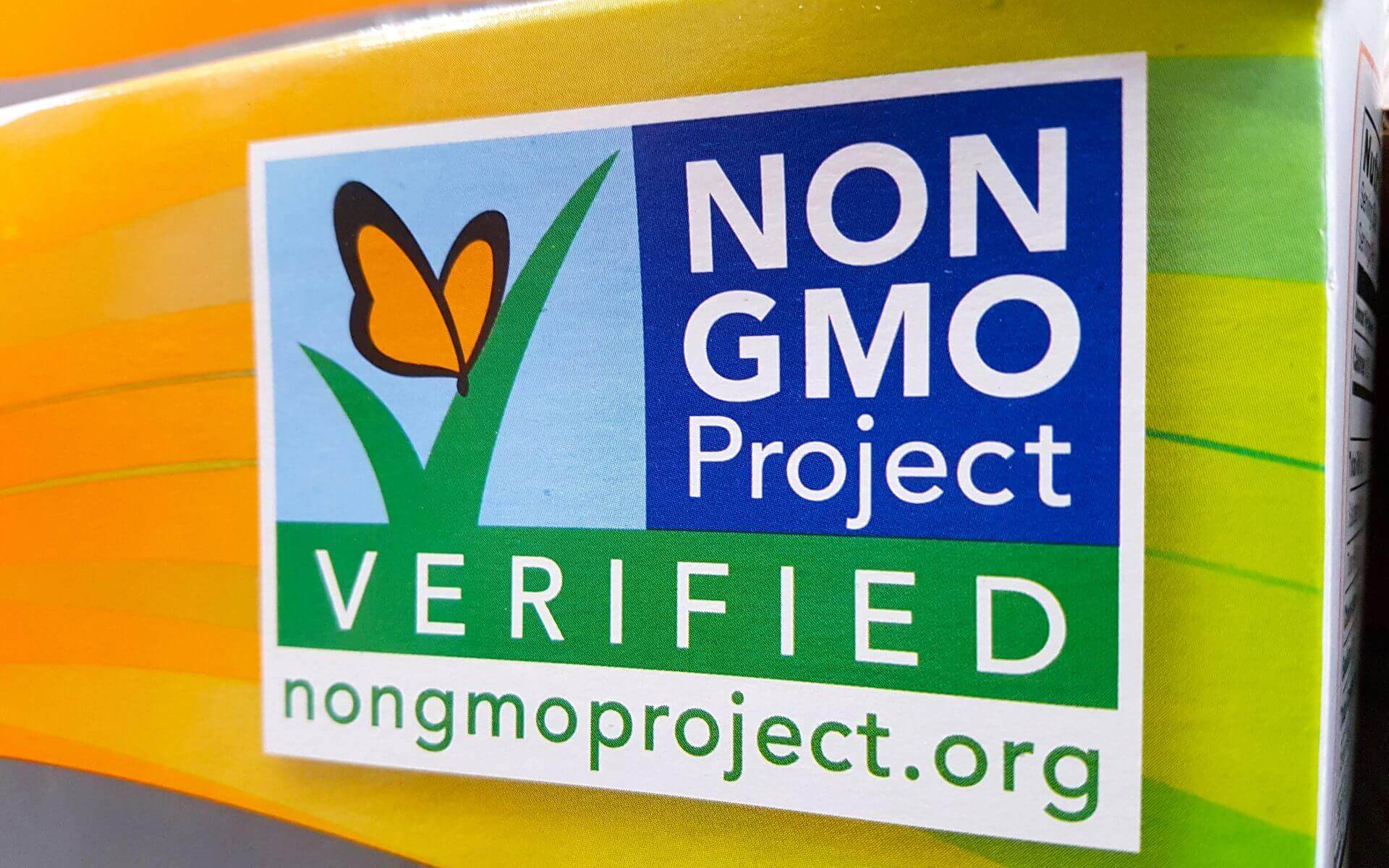
Although the Non-GMO Project claims they want to increase transparency and enable customers to make informed choices at the grocery store, their underlying goal has been to remove GMOs from the marketplace entirely — and they see the “Non-GMO” label as a tool to make that happen. Organic industry marketer Peter M. Ligotti pitched GMO labeling to Whole Foods by saying: “When we do achieve a ban, we will need to know which products to leave on the shelves and which to throw away. Labeling the GE and NON-GE food will give us clarity when that day finally arrives.”
The Non-GMO Project has been on the forefront of efforts to mislabel gene-edited crops as genetically modified products, although the two technologies are not the same. The project has also called synthetic biology “a major threat to the North American supply of food and supplements at grocery stores,” warning that products like lab-made proteins are “slipping into the food supply without regulation.” This is false. “Food ingredients are subject to the same strict safety standards,” the FDA has noted, “regardless of whether they are naturally or artificially derived.
6. La Via Campesina

La Via Campesina, (directly translated, “The Peasant’s Way,”) is an international group of small- and medium-size farmers and agricultural workers. Unlike many of its partners in the anti-GMO movement, the group is explicitly socialist and views its opposition to “corporate driven agriculture” as part of a larger struggle against “neo-liberalism and patriarchy,” which oppress women around the world.
In 2020, La Via Campesina blamed capitalism for the initially slow response of many governments to COVID 19, declaring that “countries with centralized public services, public healthcare system, planned economy, and better public policies …. are dealing [sic] it more effectively than the capitalist countries like the USA, the UK, France, Spain and Italy. Therefore, whether it is an economic crisis or the health crisis, even the capitalist empire has no options than copying socialist models.”
The organization is most famous for coining the term “food sovereignty.” In advocating for farmers, La Via Campesina rejects “corporate” crop biotechnology solutions. They see the Green Revolution, major developments in plant breeding from the 1960s-1980s that saved over a billion people from starvation, as an attempt to push Western principles on developing countries. The group has taken a firm stance against new breeding techniques (NBTs) such a CRISPR gene editing, arguing that the represent “high risks for the environment and human health.
La Via Campesina’s outlook is by no means universally endorsed by farmers around the world. The group’s oddly reductionist definition of “food sovereignty,” which prohibits the use of biotech crops, synthetic pesticides and other modern farming tools, has been attacked as Green neo-colonialism that increases the risk of starvation in developing countries.
7. Consumer Reports
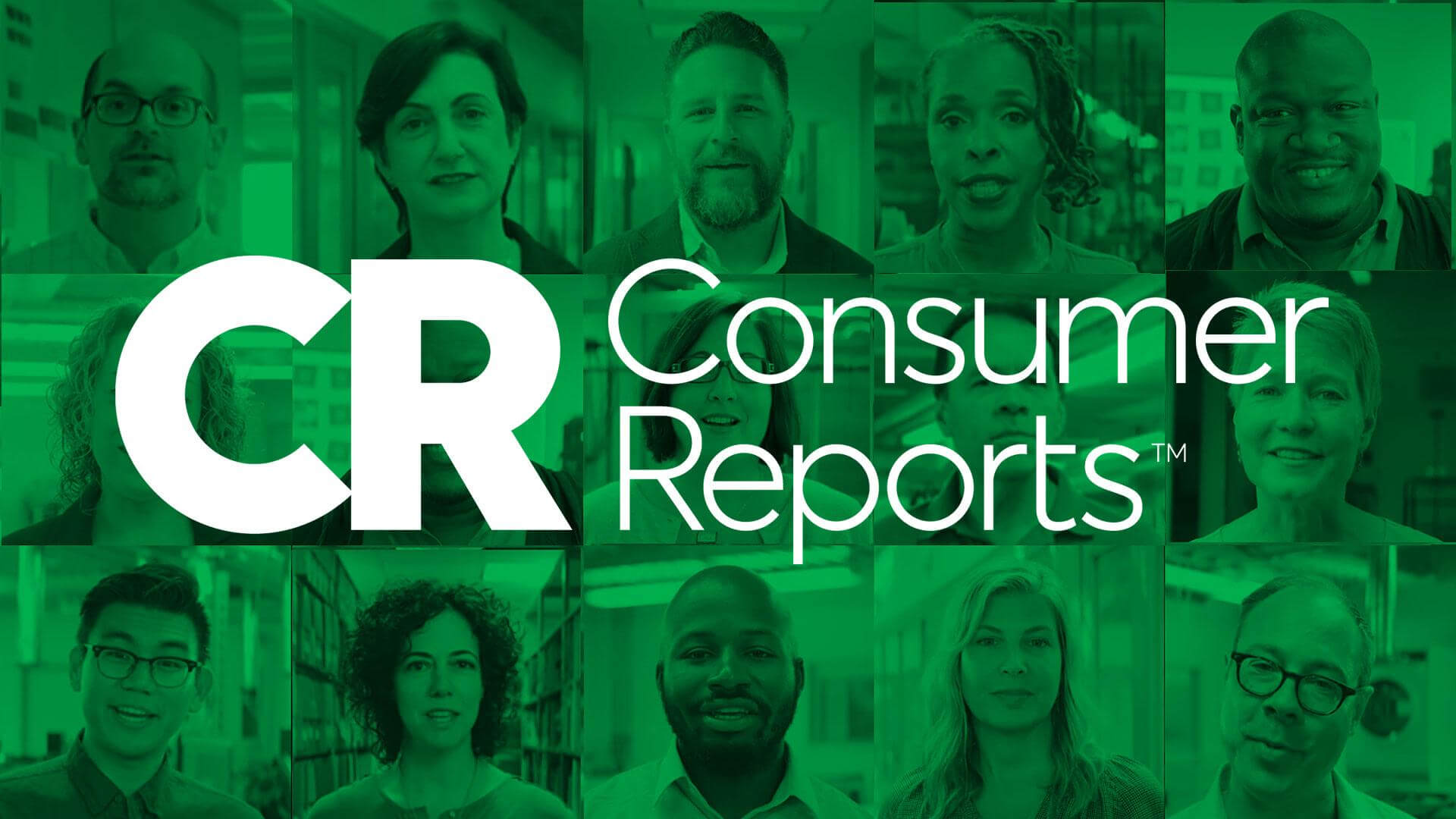
The Consumer Reports (CR)magazine is published by Consumers Union, a US-based nonprofit organization that campaigns for consumer protection laws. This small but influential division has emerged as one of the leading anti-GMO proponents, issuing warnings about biotech food and calling for strict GM labeling. Their tactics include aggressive online advertising, spending almost $10 million a year on Google ads alone.
CR endorses the Non-GMO Project’s label as an “excellent” tool for helping consumers avoid genetically engineered crops, noting that “clear and enforceable rules are behind this seal.” The endorsement makes no mention of the fact that many products carrying the Non-GMO Project label—including eggs, green beans, walnuts and salt (which doesn’t contain any DNA)—don’t have genetically engineered equivalents, meaning consumers couldn’t buy the “GMO” version even if they wanted to. For this and other reasons, independent scientists have petitioned the FDA to ban the Non-GMO Project label, arguing it “deliberately deceives and misleads consumers in violation of the federal Food, Drug and Cosmetic Act.”
In 2020, CR collaborated with organic industry-funded economist Charles Benbrook to publish an “exclusive” fruit and vegetable ratings system to help shoppers minimize their “risk from toxic chemicals.” Besides recommending that consumers buy organic produce when possible, CR’s relied on a handful of studies to argue that commonly used pesticides may pose a greater risk than most scientists believe, concluding that “the government hasn’t upheld its responsibility to protect consumers.” The conclusion downplays the EPA’s rigorous pesticide safety standards and stands in contrast to regularly published reports from the USDA confirming that pesticides on food pose little risk to consumers.
8. Rodale Institute
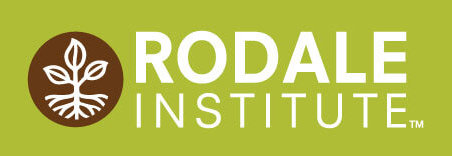
The Rodale Institute is backed by the Rodale publishing empire, enabling the organization to produce poorly-cited books such as “Organic Manifesto: How Organic Food Can Heal Our Planet, Feed the World and Keep Us Safe.” The Rodale Institute has sponsored dozens more anti-GMO commentaries and “research” on GMO safety. Rodale also holds the patent for the Institute for Blended Medicine, an alternative health approach pushing “holistic” therapies and considered quack medicine by Quackwatch.
Rodale has close ties to both the Center for Food Safety and Organic consumers Association, and promotes many popular falsehoods about crop biotechnology. The institute says that GM crops facilitate the “intense use of toxic chemicals,” without noting that many pesticides in use today, notably the herbicide glyphosate, are far less toxic than their predecessors, both to humans and the environment. Recent research has also shown that widespread adoption of GM crops two decades cut pesticide use by 776 million kilograms, an 8.6 percent drop since 1996 that cut farming’s environmental impact by 20%.
Rodale defends the use of natural pesticides in organic farming, though without acknowledging that some of these substances are less effective and more toxic than their synthetic counterparts. The group also endorses the Environmental Working Group’s “Dirty Dozen,” an annual list of fruits and vegetables that allegedly contain potentially dangerous levels of synthetic pesticides.































